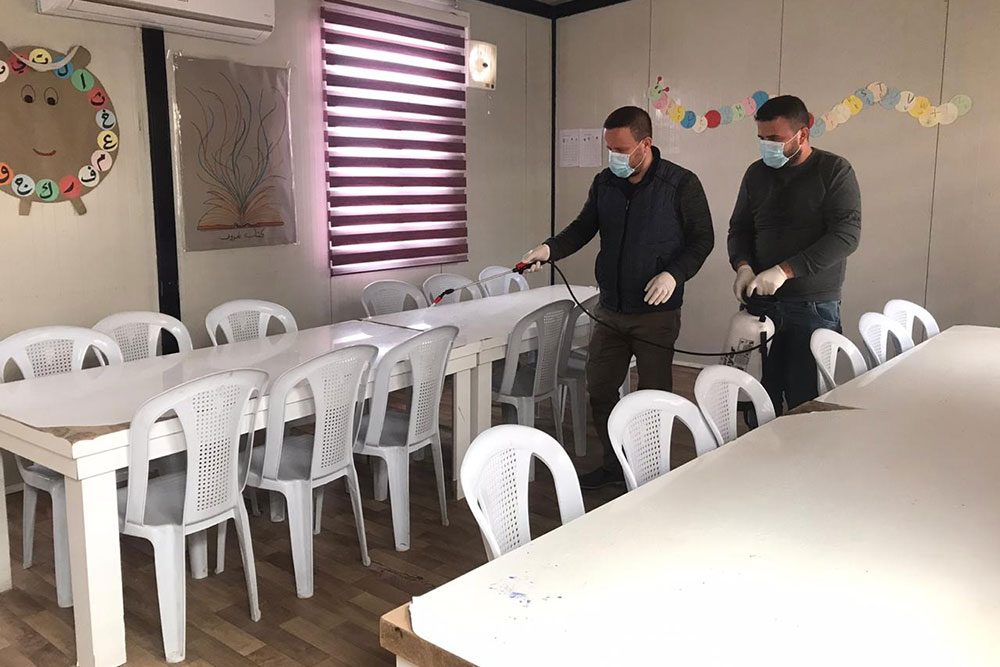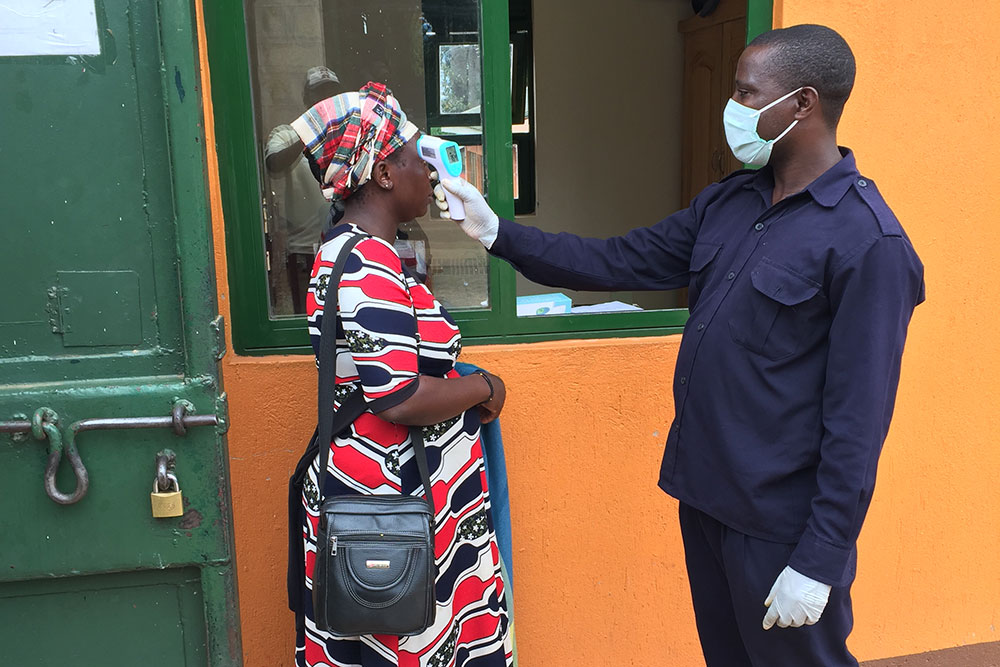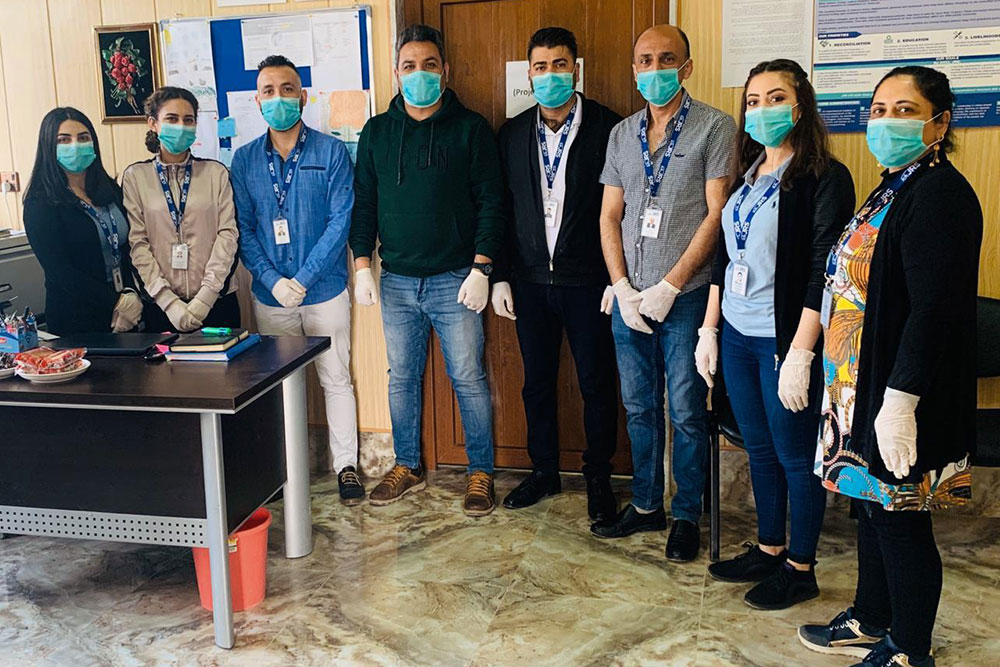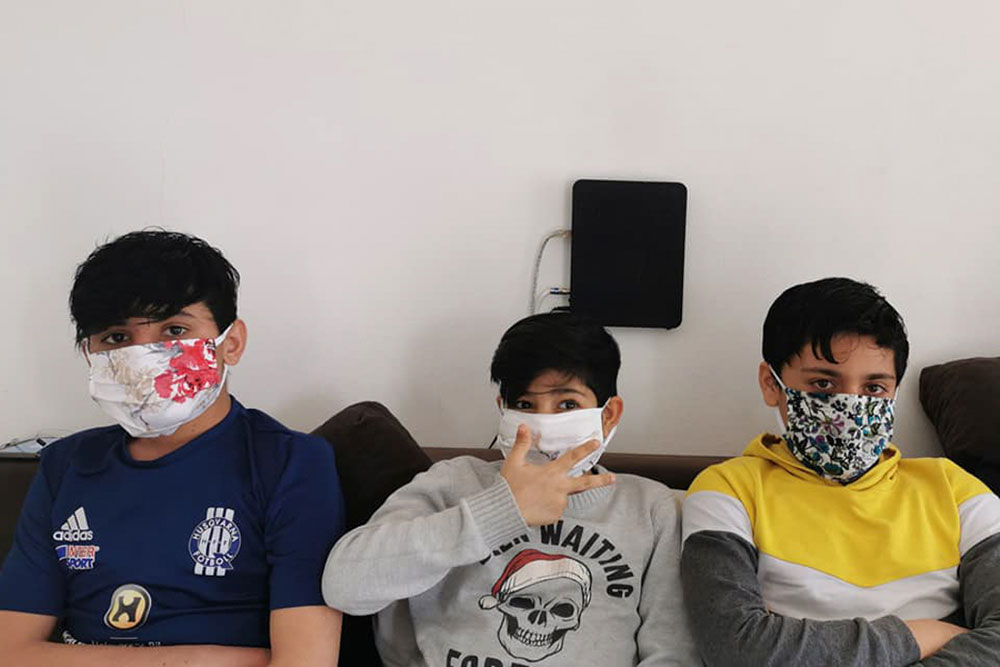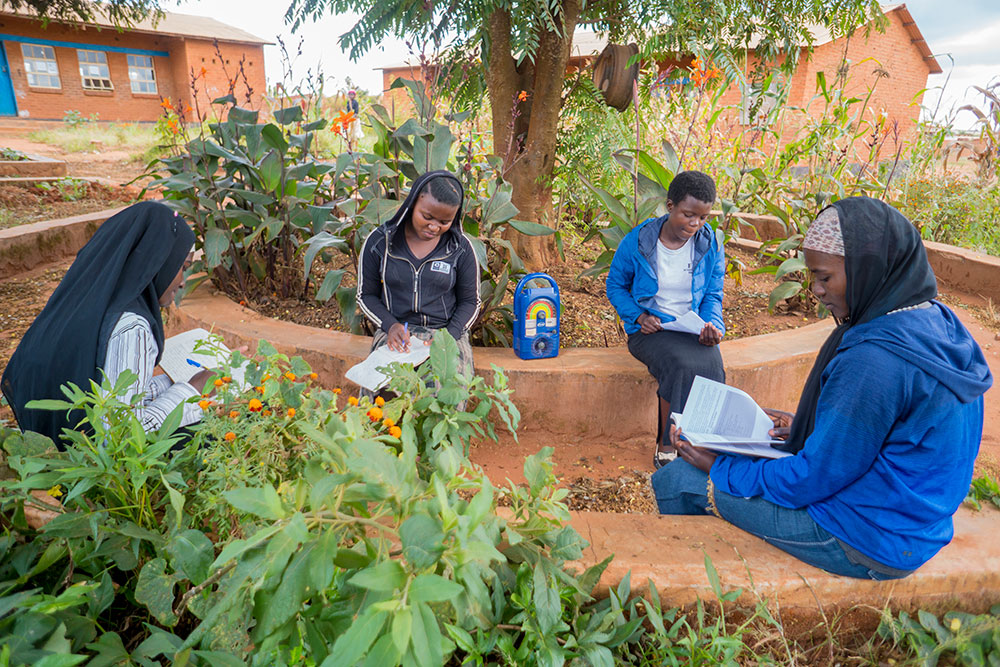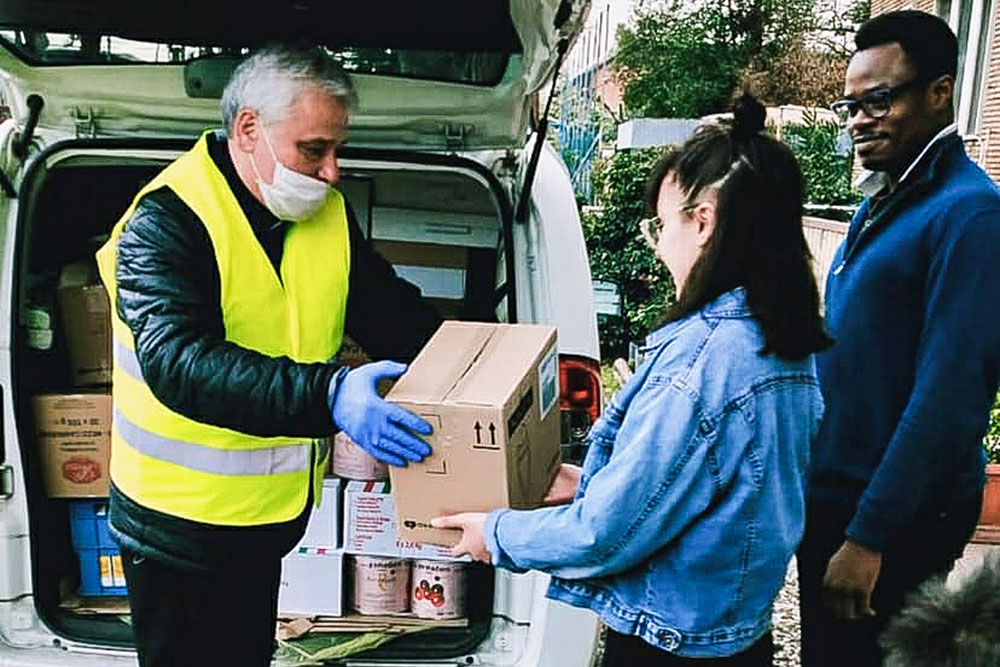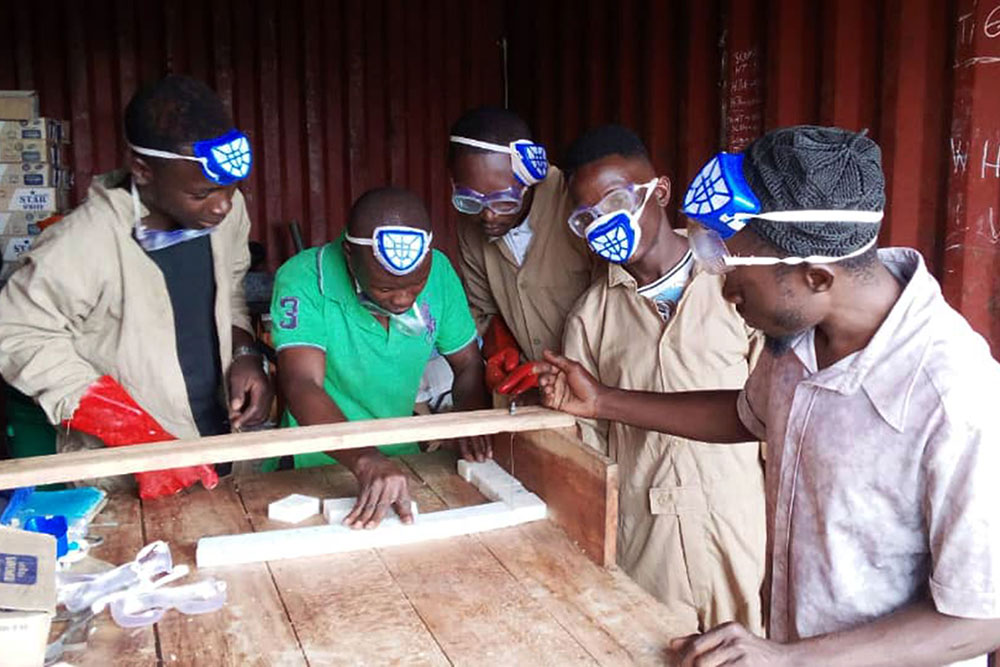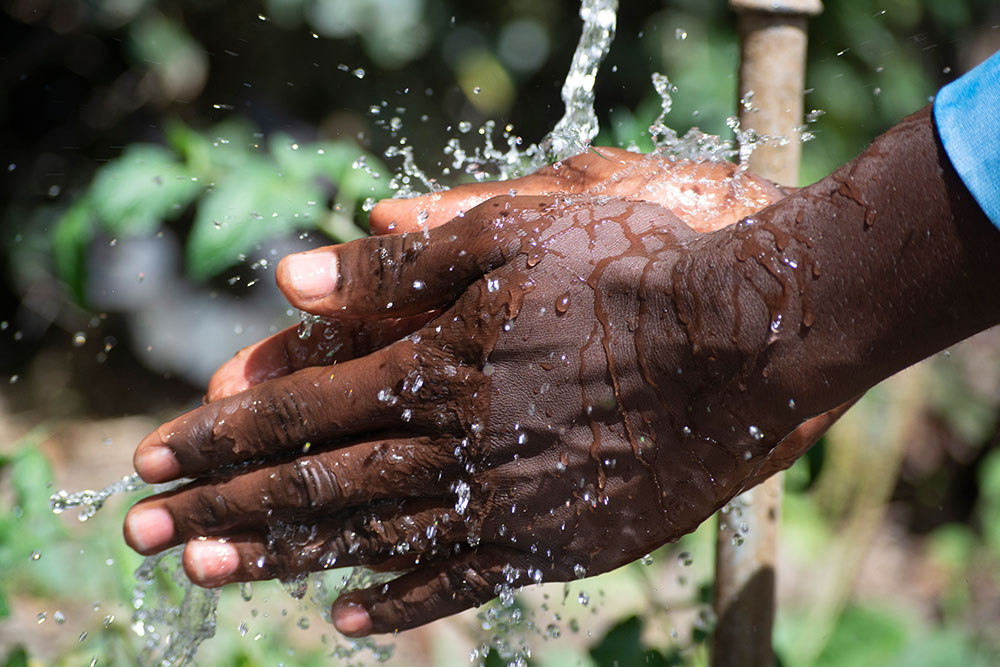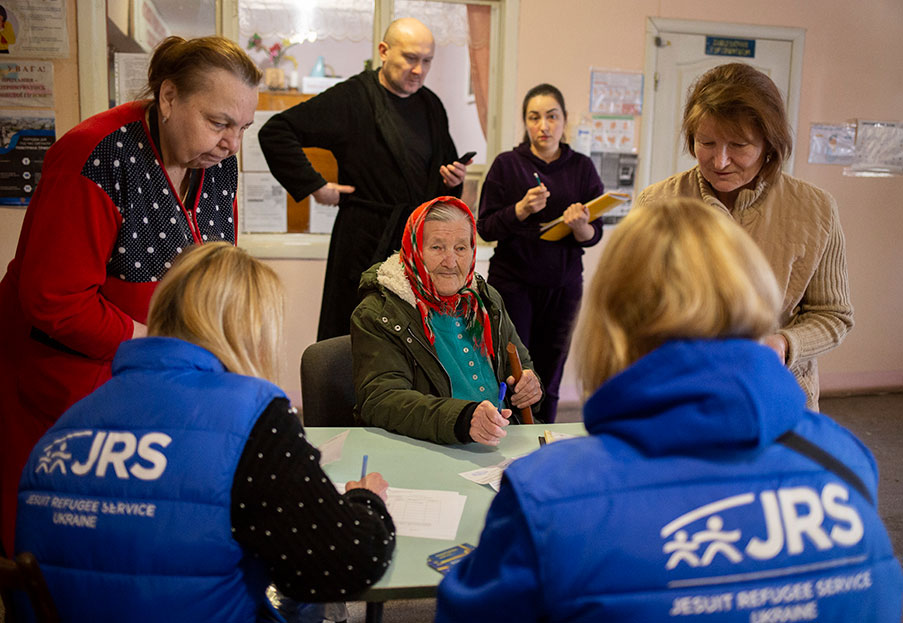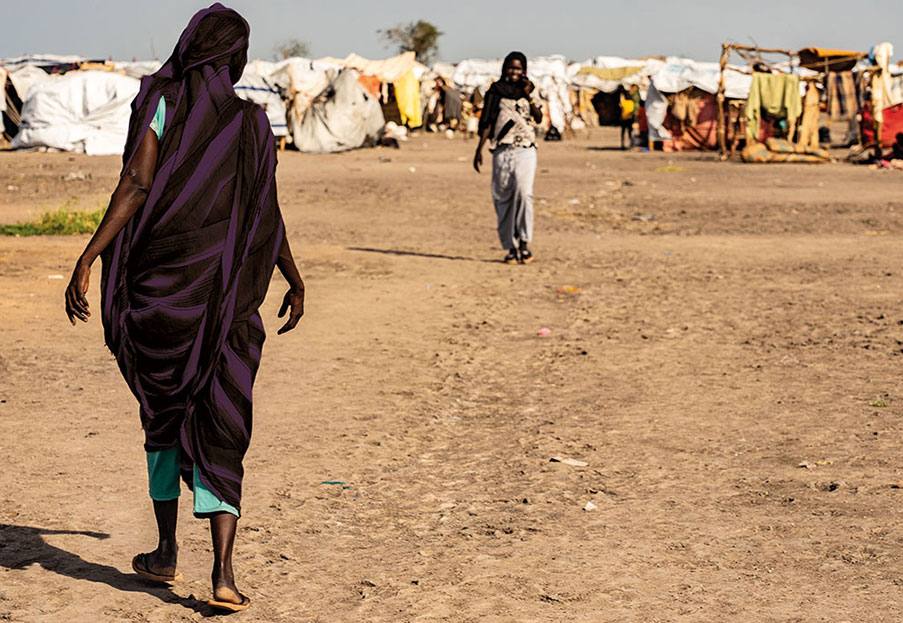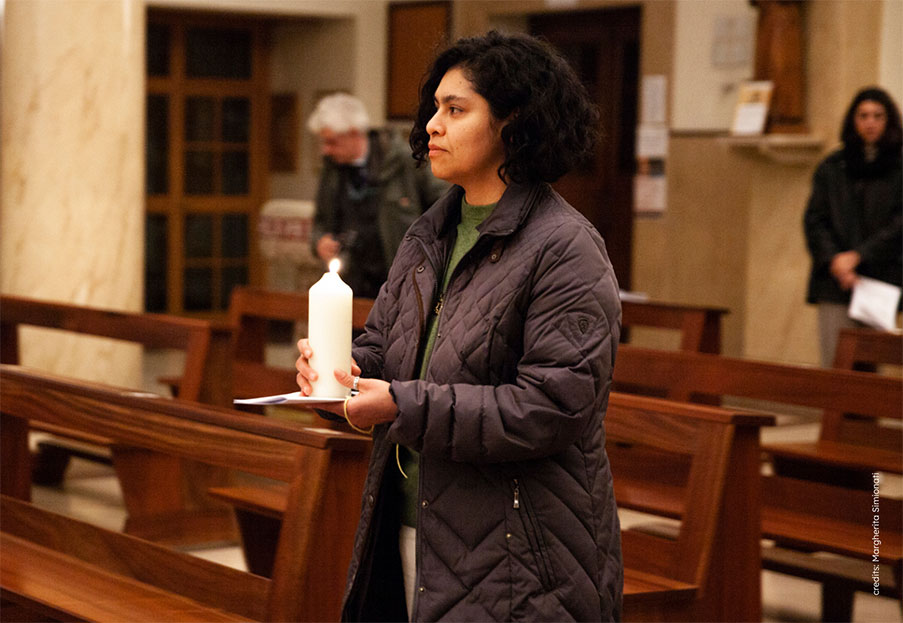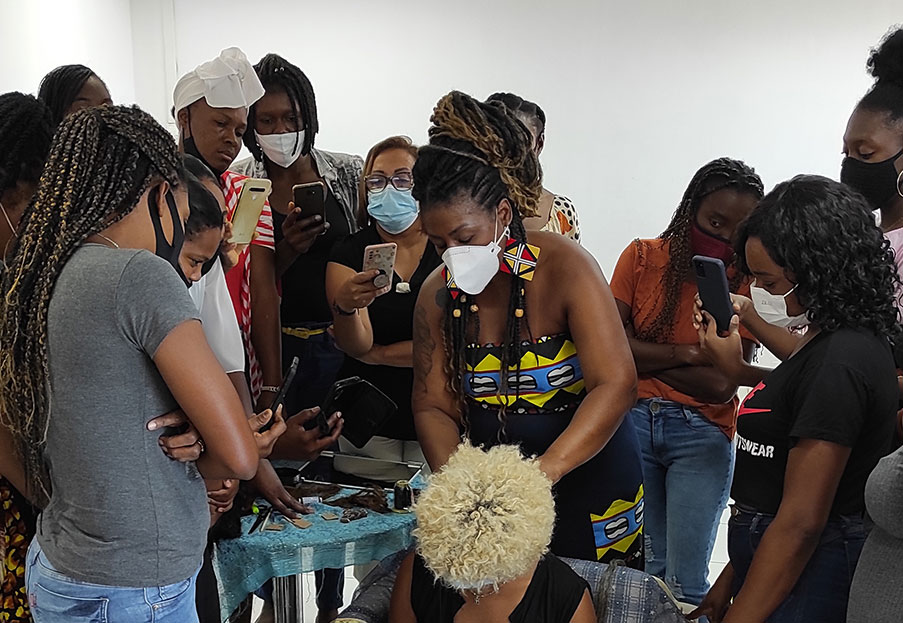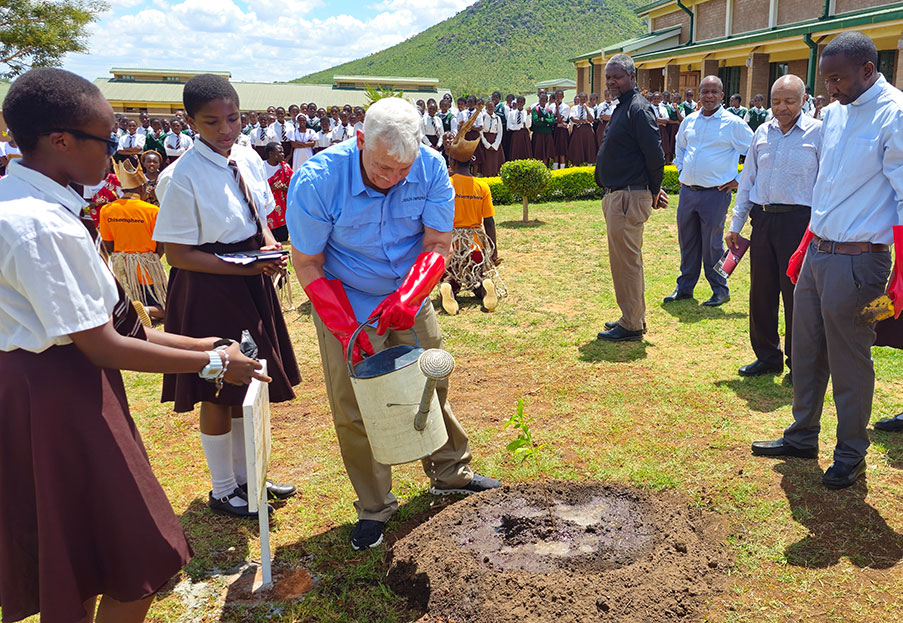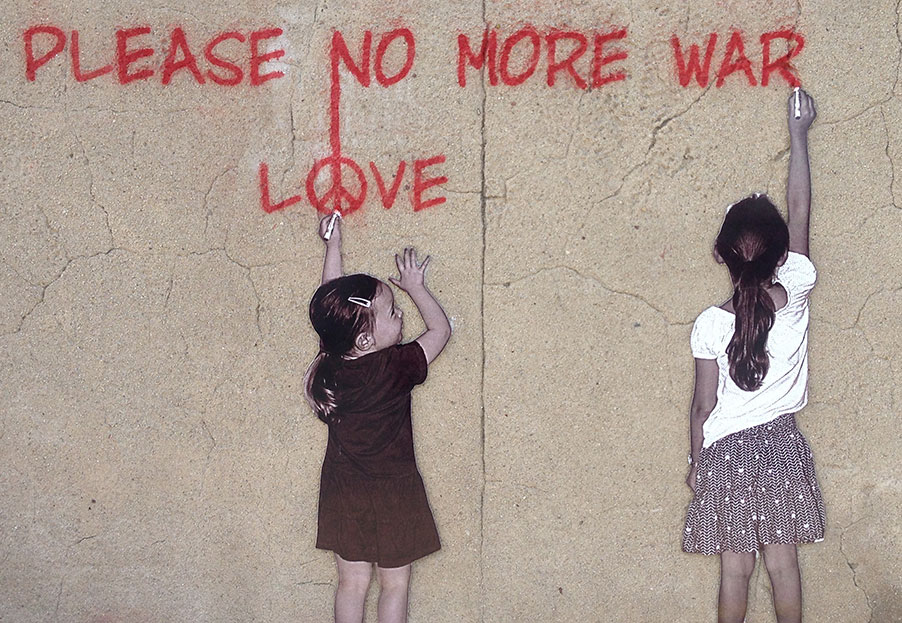Refugees and COVID-19: among the most vulnerable
The pandemic hitting the world is very disturbing. It is known that the poorest people all over the world suffer more than others from the consequences of the spread of the Coronavirus. Their precarious jobs are often the first to be eliminated; access to food and medicine is even more limited than usual. But among those forgotten during the crisis are the 80 million or so refugees and displaced persons. The Jesuit Refugee Service (JRS) strives to continue to serve, accompany and advocate for refugees, despite the constraints of displacement and the risks to its staff. We asked the JRS international team in Rome to describe the effects of the pandemic on refugees.
Most of the refugees and displaced people live
in countries that are less prepared to combat the outbreak, often where
conflicts have weakened or destroyed health care systems. Moreover, they are especially vulnerable to the social and economic repercussions of this
pandemic. In many places, lockdowns halted the spread of the disease but ended
employment opportunities. JRS has seen an increased need for food and other
necessities. Human traffickers have taken advantage of the situation, and
child/ forced marriages seem to be on the rise.
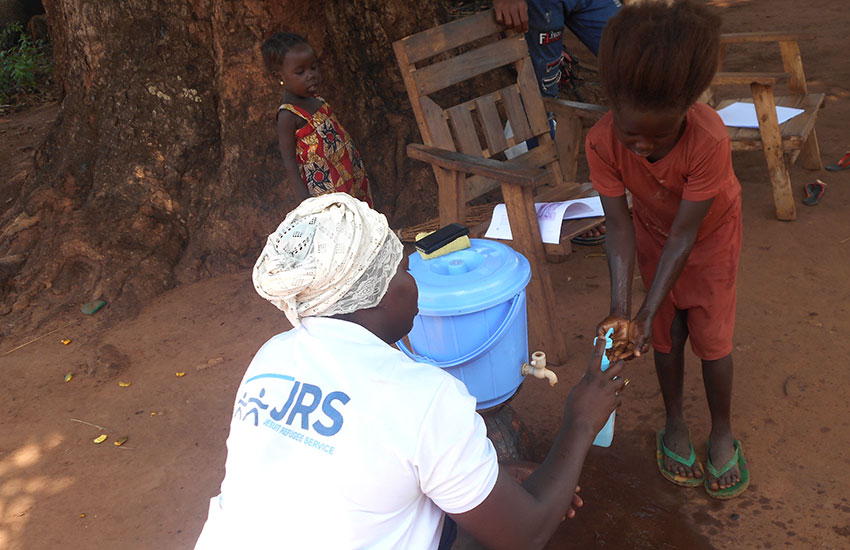
On the other hand, there is no evidence that COVID itself caused more people to seek refuge, and it is too soon to know its long-term impact on forced displacement. Seven months into the crisis, many parts of the world (Thailand, Chad, Malawi) are reopening schools and social services, and JRS is doing so where possible. Classroom education offers protection and learning, and we want children to return to school as soon as possible. Refugees by nature are people of hope; they would not have fled their countries if they did not believe that something better awaited them in God’s plan. Our refugee staff members have risked their own health to continue to serve those in need.
As for the effect of the pandemic on the JRS
work,all JRS offices had
to close and move to online mode for at least a short period; some remain in
that situation. Classroom education stopped, and we maintained field services
as well as possible.The COVID-19 crisis triggered
an unprecedented demand for innovative digital solutions, and JRS found itself
ready thanks toinvestments made in the past years to establish a
reliable digital infrastructure. This allowed staff to stay connected globally; it also facilitated the continuity of some of
our programmes: radio and online classes, WhatsApp teaching and psychosocial
services. We are fortunate that few JRS staff members have been infected with
the virus. Proper safety measures do make a difference.
COVID is a reminder that all planning is ultimately contingent, and the only way forward is to work together. As a Jesuit organization serving people on the move, our DNA is geared to adapt to new and changing needs while staying faithful to our mission. Forced displacement is a long-term phenomenon with or without COVID, and JRS strives to offer long-term solutions that create opportunities for displaced people to rebuild their lives.
We are grateful for the generosity of our donors
around the world. While some have not been able to donate during the crisis,
many have responded to the emergency needs of COVID with generous gifts. The new
reality presents a challenge for future funding. International assistance from
countries (directly in grants or through support of UNHCR, UNICEF and other
agencies) is likely to decrease. Yet the needs of those we serve will not
decrease, and the innovation needed to serve them well will require investment
and creativity. We will look to the Jesuit family to help us develop the
innovation and to invest in the people we serve.
